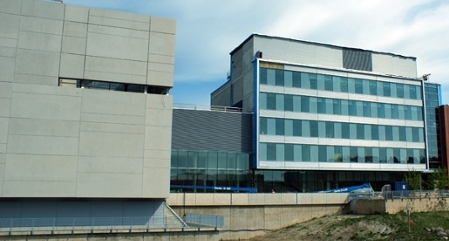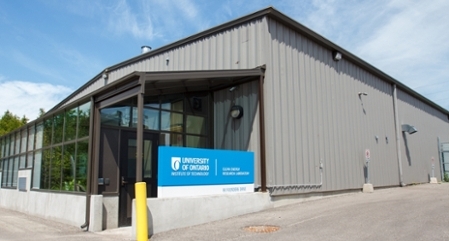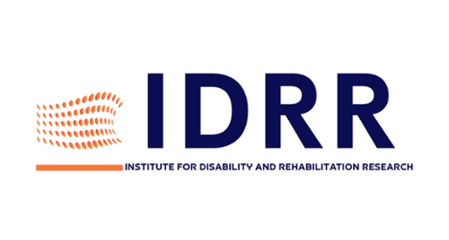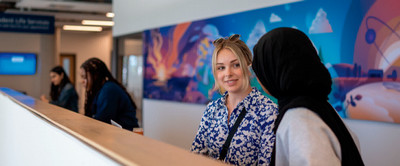PET Mandate
The mandate of the PET includes preparation of a comprehensive inventory of existing and suggested equity, diversity and inclusion initiatives within the context of the university’s mission, and to provide recommendations to those initiatives, as appropriate, based on broad consultation.
The goal of the PET is to mobilize a diverse movement of people across the university to create and establish equitable and inclusive practices at UOIT within a three-year term. Specifically, it will:
- Advise on the development of strategies for implementing the best equity and inclusion policies and practices at UOIT;
- Advise on equity and inclusion training and programming;
- Identify ongoing initiatives at the university and coordinate complementary
efforts; - Increase outreach efforts to diverse communities, and
- Assist and advise in the analysis of workforce and employment systems to
identify and propose solutions for areas of inequality and discrimination.
The work of the PET will be done through broad consultation across the university community, including faculty, students, administrative staff, and other groups (e.g. UOIT Student Union, UOIT Faculty Association, Women in Science Committee, Indigenous Education Advisory Circle, Healthy Sexuality Committee), as well as external community partners.







